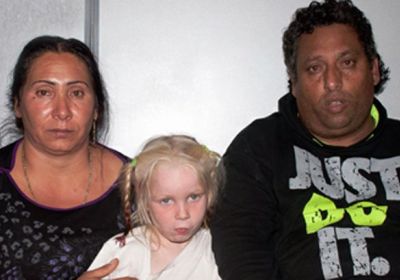
A police raid on a Roma settlement outside the rural town of Farsala in central Greece on October 16 made worldwide headlines.

A police raid on a Roma settlement outside the rural town of Farsala in central Greece on October 16 made worldwide headlines.

“I am a gay, Irish, Catholic, alcoholic Pogue who is about to die from cancer — and don’t think I don’t know it,” Philip Chevron, who passed away on October 8, told the Irish Daily Mail in June. The 56-year-old Chevron was best known as the guitarist for legendary Irish folk punk band The Pogues. However, his music career goes back to the founding of The Radiators From Space in 1976 — described as Ireland's first punk band.

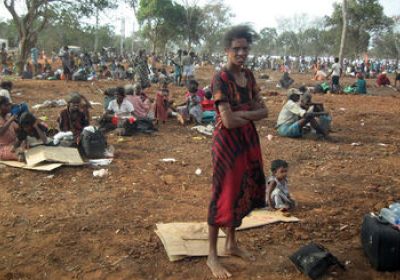

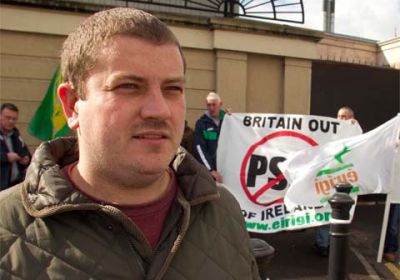
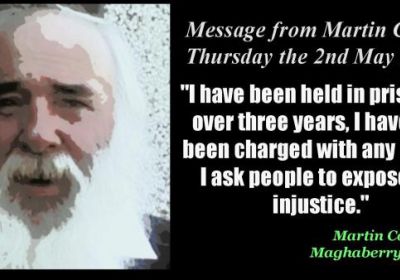
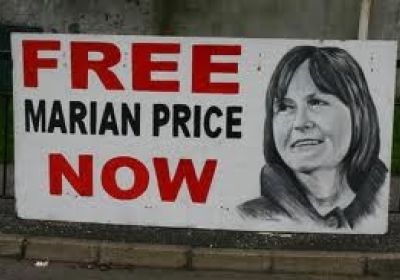
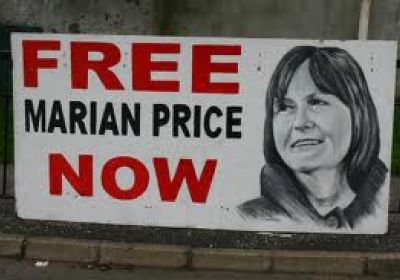
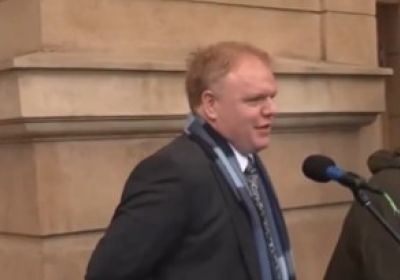
Sinn Féin President Gerry Adams commenting on the death today of former British Prime Minister Margaret Thatcher.